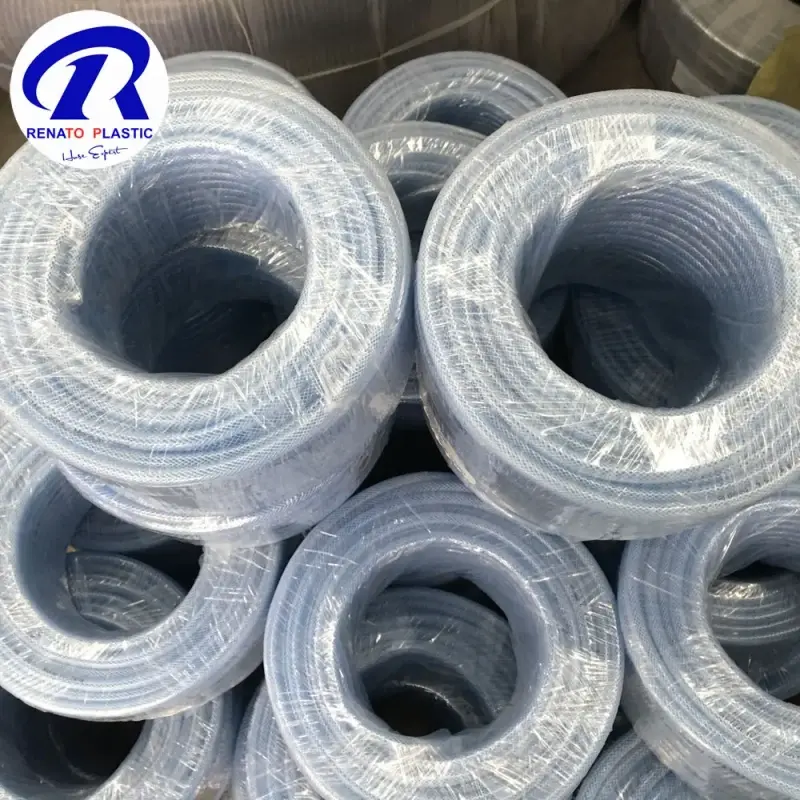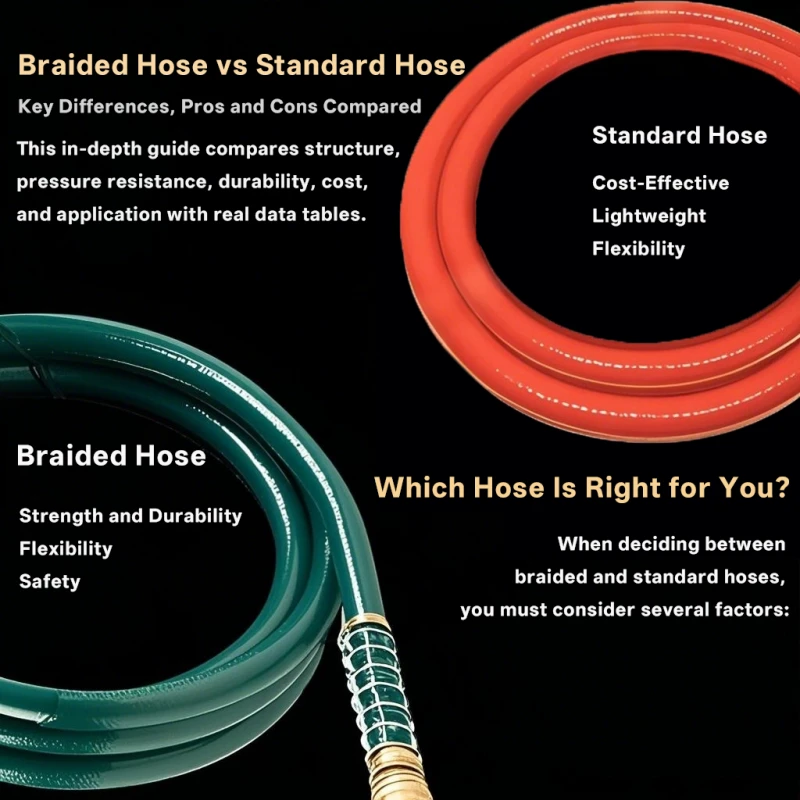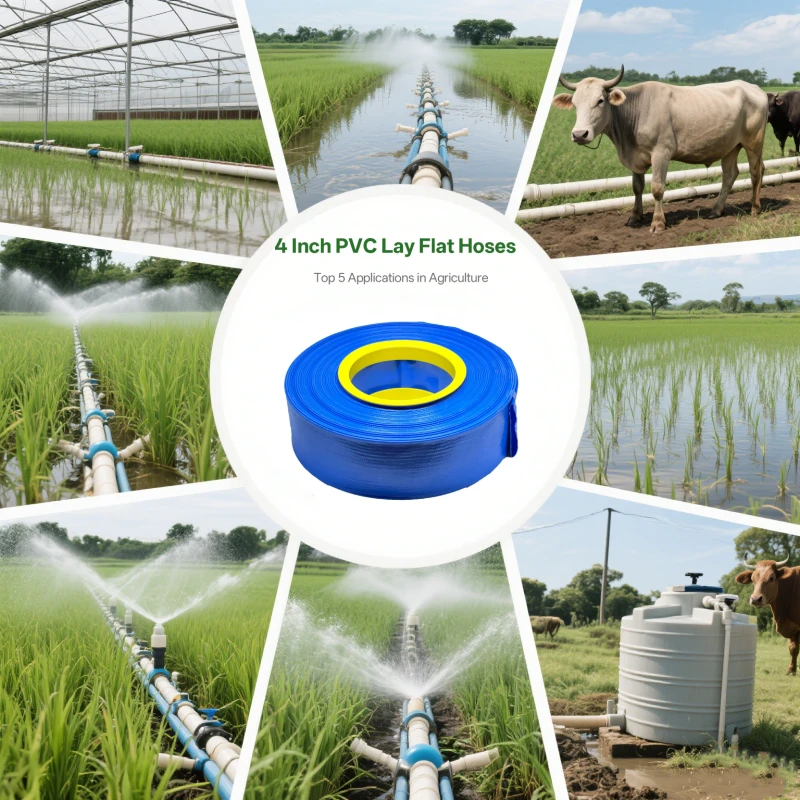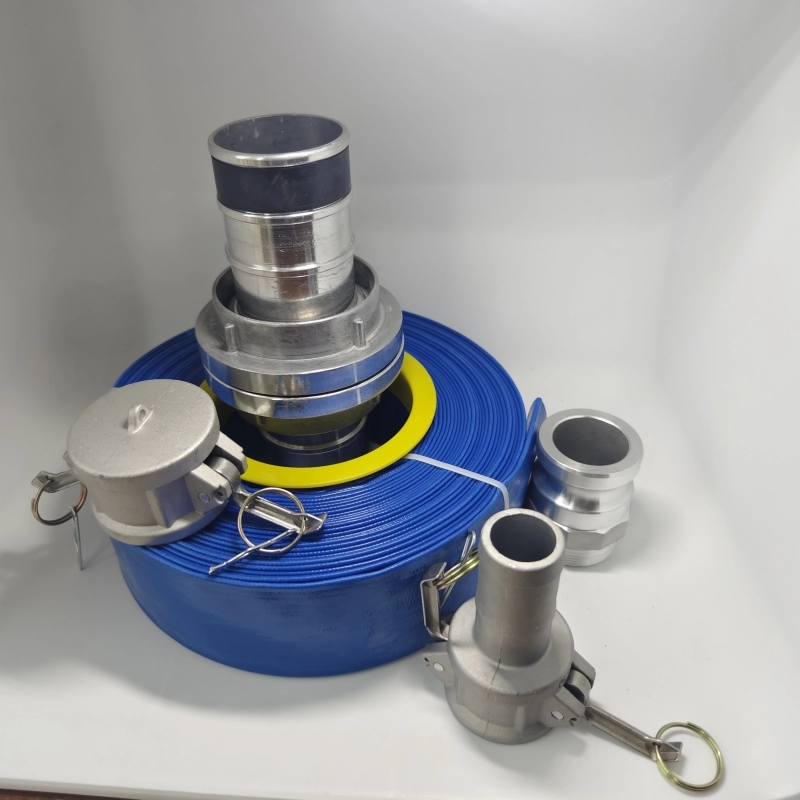PVC Pipe: Advantages and Disadvantages
PVC (Polyvinyl Chloride) pipes are widely used in various applications, from plumbing and drainage systems to irrigation and industrial processes. Understanding the advantages and disadvantages of PVC pipes can help you make an informed decision about whether they are suitable for your specific needs.
 (1)751.webp)
What is PVC Pipe?
PVC (Polyvinyl Chloride) pipe is a type of plastic piping commonly used in a variety of applications, including plumbing, drainage, irrigation, and industrial processes. Made from a synthetic plastic polymer, PVC pipes are known for their durability, cost-effectiveness, and versatility. Here’s a closer look at what PVC pipe is and its key characteristics:
Composition
PVC pipe is made from a polymer called polyvinyl chloride, which is created through the polymerization of vinyl chloride monomers. The resulting material is a thermoplastic that becomes pliable when heated and hardens upon cooling. This property allows PVC to be molded into various shapes and sizes.
PVC pipe is a versatile and widely used piping solution known for its durability, cost-effectiveness, and ease of installation. Its broad range of applications and resistance to corrosion and chemicals make it an essential material in modern plumbing, drainage, irrigation, and industrial systems. Understanding its characteristics and applications can help in selecting the right type of PVC pipe for specific needs.
 (1)252371.webp)
PVC Pipe: Advantages and Disadvantages
PVC (Polyvinyl Chloride) pipes are widely used in various applications, from plumbing and drainage systems to irrigation and industrial processes. Understanding the advantages and disadvantages of PVC pipes can help you make an informed decision about whether they are suitable for your specific needs. This article will explore the benefits and drawbacks of using PVC pipes.
Advantages of PVC Pipes
Durability:
PVC pipes are highly durable and resistant to wear and tear. They do not rust or corrode, making them ideal for long-term use in plumbing and drainage systems.
Lightweight:
Compared to metal pipes, PVC pipes are lightweight, making them easier to handle, transport, and install. This reduces labor costs and installation time.
Cost-Effective:
PVC pipes are generally more affordable than alternatives like metal or ceramic pipes. Their low cost, combined with their durability, makes them a cost-effective choice for many applications.
Chemical Resistance:
PVC pipes are resistant to a wide range of chemicals, making them suitable for transporting various fluids, including those used in industrial applications.
Smooth Interior Surface:
The smooth interior surface of PVC pipes reduces friction and enhances flow efficiency, minimizing the risk of blockages and improving water pressure in plumbing systems.
Ease of Installation:
PVC pipes are easy to cut, join, and fit using simple tools and solvent cement, which creates a secure and watertight bond. This simplifies the installation process.
Low Maintenance:
Once installed, PVC pipes require minimal maintenance. They are not prone to scaling or buildup, reducing the need for frequent cleaning or repairs.
Environmental Impact:
PVC pipes are recyclable, and their production consumes less energy compared to metal pipes, making them a more environmentally friendly option.
Disadvantages of PVC Pipes
Temperature Sensitivity:
PVC pipes have a limited temperature range. They can become brittle in extremely cold temperatures and may warp or melt at high temperatures. This makes them unsuitable for hot water applications without special modifications.
UV Degradation:
Prolonged exposure to direct sunlight can degrade PVC pipes, causing them to become brittle and prone to cracking. They require UV protection or shielding when used outdoors.
Impact Resistance:
Although PVC pipes are durable, they are not as impact-resistant as metal pipes. They can crack or break if subjected to heavy impact or pressure.
Chemical Limitations:
While PVC pipes are resistant to many chemicals, they are not suitable for transporting certain solvents, aromatic hydrocarbons, and some strong acids and bases, which can cause degradation.
Pressure Limitations:
PVC pipes are not as strong as some alternatives when it comes to handling high pressure. They are best suited for low to moderate pressure applications.
Joint Integrity:
The solvent cement used to join PVC pipes can weaken over time, especially if not applied correctly. This can lead to potential leaks in the system.
Flexibility:
PVC pipes are less flexible than other plastic pipes, such as PEX or HDPE. This rigidity can make them harder to work with in certain installations that require bending and maneuvering.

Conclusion
PVC pipes offer numerous advantages, including durability, cost-effectiveness, and ease of installation, making them a popular choice for many plumbing, drainage, and industrial applications. However, they also have some limitations, such as temperature sensitivity and UV degradation, which should be considered when selecting the appropriate pipe for your project. Understanding these pros and cons will help you make an informed decision about whether PVC pipes are the right choice for your needs.
Company Introduction: Renatoflex
About Us
QINGDAO RENATO PLASTIC CO., LTD, known by its brand Renatoflex, is a renowned PVC (Polyvinyl Chloride) hose manufacturer based in China. With over 13 years of production experience, we specialize in a wide range of PVC hose products. Our extensive product line includes Layflat Hose, Suction Hose, Fiber Reinforced Hose, Steel Wire Hose, Garden Hose, Mix Rubber High Pressure Air/Water Hose, and Canvas Hose. Additionally, we offer various hose assemblies such as Camlock Fittings, Storz Fittings, Nozzle Fittings, and Hose Clamps.
Our Products
Layflat Hose: Ideal for water discharge systems.
Suction Hose: Suitable for water supply and discharge.
Fiber Reinforced Hose: Provides enhanced strength and durability.
Steel Wire Hose: Designed for industrial applications requiring extra rigidity.
Garden Hose: Perfect for home and public place irrigation.
High Pressure Air/Water Hose: Mix rubber construction for high pressure applications.
Canvas Hose: Used in various irrigation and water supply scenarios.
Our Facilities
Located in Shandong province, our factory boasts 10 workshops, over 60 production lines, and employs 120 workers, 5 technicists, and 2 QC teams. Our products have reached customers in more than 60 countries worldwide, earning widespread acclaim for their quality and reliability.
Our Commitment
We are dedicated to providing our customers with top-notch products and exceptional service. Our philosophy is "Customers are always first," backed by our commitment to 24/7 quick response. We pride ourselves on being a reliable partner for all your hose and assembly needs.
Contact Us
Feel free to contact us for any inquiries or to find a reliable partner for your hose and assembly requirements. We are ready to serve you and look forward to your inquiry.
820 Buliding C Qingdao Plaza, No.379 Dunhua Road, Qingdao 266034 China.
+86 - 186 5328 1131


